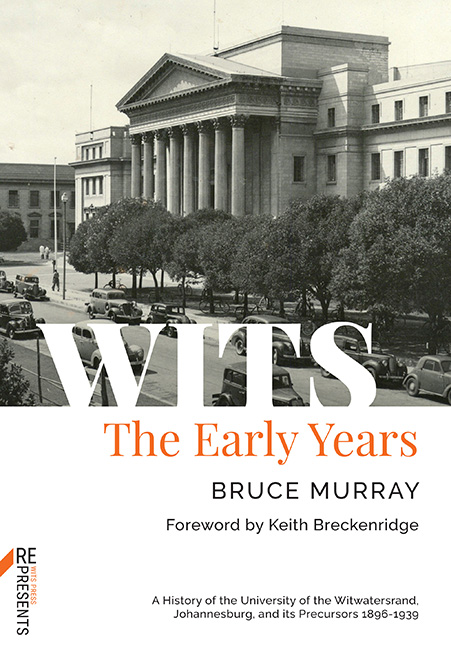9 - Questions of Discrimination
Published online by Cambridge University Press: 24 November 2023
Summary
Traditionally, the Universities of Cape Town and the Witwatersrand have been seen by white South Africans as ‘open’. The Open Universities in South Africa, published in 1957 on behalf of a joint conference of U.C.T. and Wits held in response to the plans of the Nationalist government to enforce segregated institutions of higher learning in South Africa, stated: ‘The University of Cape Town and the University of the Witwatersrand are called the “Open Universities” because they admit non-white students as well as white students and aim, in all academic matters, at treating non-white students on a footing of equality with white students, and without segregation.’ In 1959 Parliament passed the Extension of University Education Act, which deprived the universities of South Africa of their autonomy in regard to the admission of black students. The ‘white’ teaching universities of South Africa were thereafter prohibited from admitting black students, except in special circumstances and only with ministerial permission.
The impression is sometimes given that the Universities of Cape Town and the Witwatersrand, prior to the government’s intervention in 1959, had always followed ‘open’ admissions policies. Such an impression is conveyed by The Open Universities in South Africa, which traces the ‘open’ policies of the two universities back to their respective precursors, the South African College in Cape Town and the South African School of Mines and Technology in Johannesburg: ‘At Cape Town the admission of the first non-white students to studies at the post-matriculation level dates from back to the turn of the century; in the case of the Witwatersrand the corresponding date was 1910.’ It is true that a handful of ‘non-white’ students had been admitted by the South African College, and one Chinese student by the School of Mines, and it is also true that the statutes adopted by the University of Cape Town, and the University of the Witwatersrand, Johannesburg, provided for ‘open’ admissions. Statute 69 of the University of Cape Town and statute 72 of the University of the Witwatersrand alike stated that ‘every person shall be entitled to become registered as a matriculated student of the University’ who had obtained the matriculation certificate of the Joint Matriculation Board, or a recognized exemption from the J.M.B. matriculation examination.
- Type
- Chapter
- Information
- WITSThe Early Years, pp. 297 - 336Publisher: Wits University PressPrint publication year: 2022



